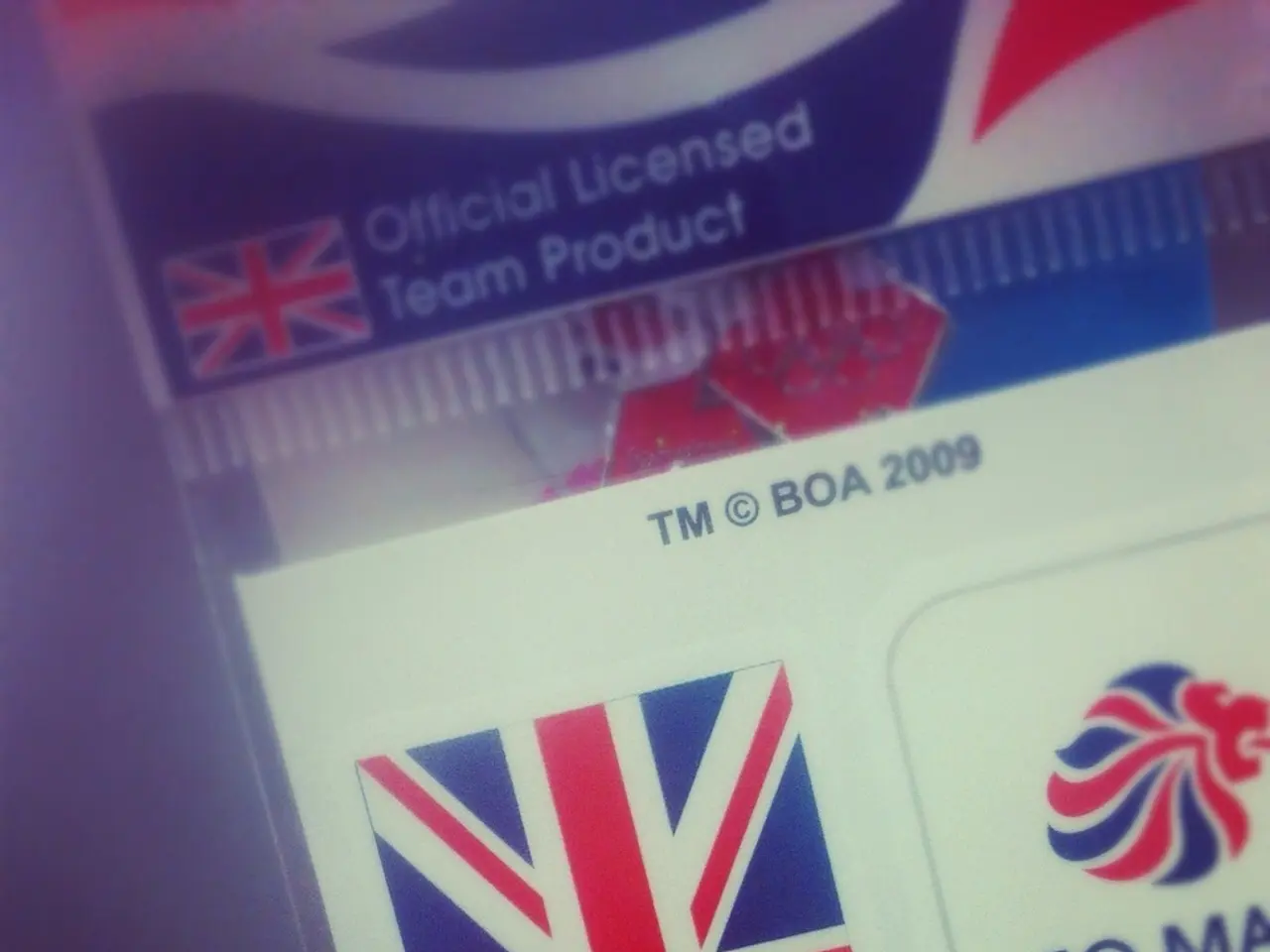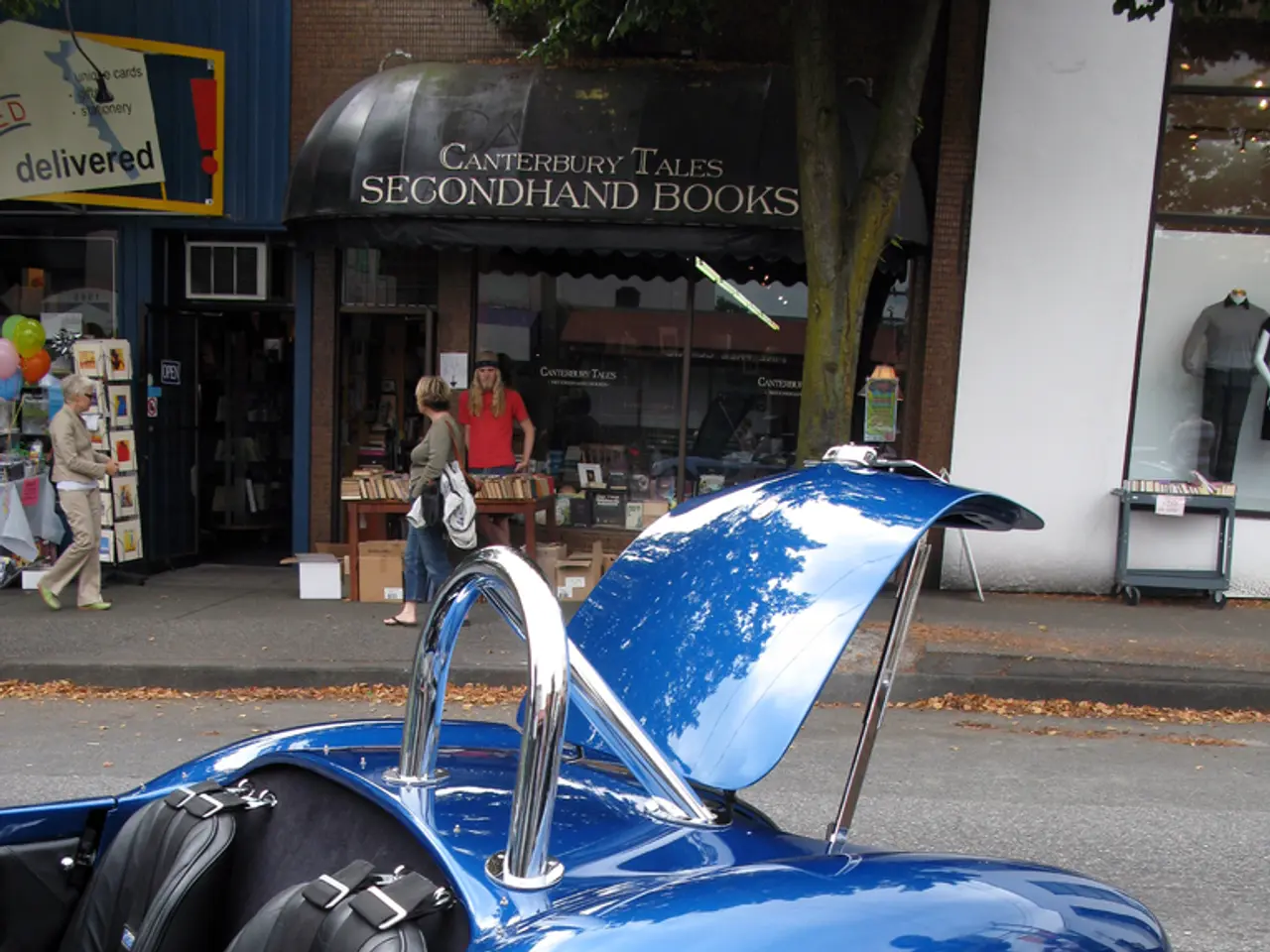Exploring the Hohenzollern holdings: Delving into their past and present importance
The Expropriation of the Hohenzollern Family Wealth: A Century-Long Saga
The Hohenzollern family, once the ruling dynasty of the Kingdom of Prussia and the German Empire, has a tumultuous history that extends beyond their royal lineage. At the heart of this story is the expropriation of their wealth, a saga that began in the aftermath of World War I and continues to this day.
The fall of the German monarchy in 1918 marked the beginning of significant legal and political challenges to the aristocracy's wealth, including that of the Hohenzollerns. As the Kaiser abdicated, and the German monarchy dissolved, some of the Hohenzollerns' extensive estates and wealth were confiscated or subjected to expropriation efforts under laws aimed at redistributing former monarchical assets.
During the Weimar Republic, certain estates were seized by the state or subjected to financial claims by the government or private parties. The impact on the family's fortune was significant but not absolute. While some properties and assets were lost or controlled by the state temporarily, the Hohenzollern family maintained considerable private wealth and landed estates post-monarchy.
The complex legal battles over property rights continued through the Weimar Republic and into the Nazi era and beyond. After World War II, renewed controversy and legal action occurred, particularly in East Germany, where broader expropriations affected aristocratic estates, including those of the Hohenzollerns. Estates in what became East Germany were often confiscated without compensation during agrarian reforms by the Soviet occupation and later under the DDR regime.
In West Germany, many Hohenzollern properties remained in private hands or were reclaimed through legal means. However, the family's political power was largely extinguished, and their economic role primarily shifted to private estate management and business activities.
Despite these challenges, the Hohenzollerns have continued to maintain a significant presence. Karl Friedrich von Hohenzollern and his descendants have struggled to maintain the economic structures of Zollern GmbH and other assets. The family's former top position on the German Reich millionaires list was significantly damaged by the 1918 expropriation of princes.
The Hohenzollerns are not only historical figures but current players in the dispute over their valuable possessions. The Hohenzollern fortune is a significant topic in the debate about historical expropriations, specifically the 1918 princes' expropriation. Negotiations with the Prussian Finance Ministry about the return of assets are a central issue for the Hohenzollern family.
The Hohenzollern wealth remains a striking example of the influence of historical events on the wealth of noble families. Unlike many other noble rulers and families, the Hohenzollern community was forced to expropriate their property and adapt to changed social circumstances. The family's bank debts are a question mark in their financial situation, but their luxurious properties in Switzerland and Mallorca, valuable items, and cars suggest that they continue to hold significant wealth.
While the historical record does not contain extensive direct details on the Hohenzollern wealth expropriation itself, the broader context from sources on Germany’s post-1918 political transformations and the consequences of world wars provides a clear framework for understanding these events. The absence of explicit references to Hohenzollern wealth in the retrieved results suggests the need for specialized historical and legal literature for full details, but the broad pattern is well established historically.
- The Hohenzollern family's wealth, rooted in business ventures and landed estates, has been influenced significantly by politics, as seen in the expropriation of their assets following World War I and the subsequent legal battles in both East and West Germany.
- The Hohenzollern family's financial situations are entwined with general news and politics, with ongoing negotiations with the Prussian Finance Ministry about the return of assets and the debate about historical expropriations, specifically the 1918 princes' expropriation, being central issues.



